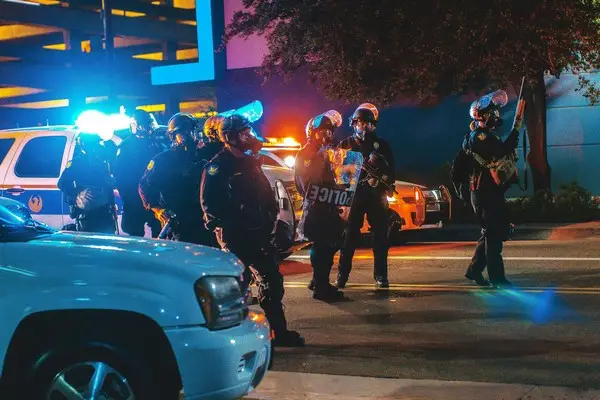Table of Contents
- Theoretical Foundations of Police Legitimacy
- Dimensions of Police Legitimacy
- Factors Influencing Police Legitimacy
- Implications of Police Legitimacy
- Challenges to Police Legitimacy
- Conclusion
Police legitimacy is a critical concept in the field of sociology, referring to the recognition and justification of police authority by the public. It encompasses the belief that the police have the right to exercise power and that their actions are appropriate, justified, and aligned with societal norms and values. This essay will outline and explain the dimensions of police legitimacy, its theoretical foundations, the factors influencing it, and its implications for social order and public trust.
Theoretical Foundations of Police Legitimacy
Weberian Framework
The concept of legitimacy is rooted in the sociological theories of Max Weber, who distinguished between different types of legitimate authority: traditional, charismatic, and legal-rational. Police legitimacy is predominantly associated with legal-rational authority, where the legal system and bureaucratic procedures confer legitimacy on the police. In this framework, the police derive their authority from the laws and regulations that govern society, and their legitimacy depends on their adherence to these rules.
Procedural Justice Theory
Tom R. Tyler’s procedural justice theory is instrumental in understanding police legitimacy. This theory posits that people evaluate the legitimacy of authorities based on the fairness of the processes they use, rather than solely on the outcomes of their actions. Procedural justice emphasizes four key elements:
- Voice: The extent to which individuals feel they have input in the processes.
- Neutrality: The impartiality and transparency of decision-making procedures.
- Respect: The degree to which individuals are treated with dignity and respect.
- Trustworthiness: The belief that authorities are sincere and benevolent.
When the police are perceived to engage in procedurally just practices, they are more likely to be viewed as legitimate.
Social Identity Theory
Social identity theory, developed by Henri Tajfel and John Turner, also provides a valuable perspective on police legitimacy. This theory suggests that individuals derive a part of their self-concept from their membership in social groups. When people identify with their community and see the police as representatives of that community, they are more likely to view the police as legitimate. Conversely, if there is a perceived disconnect between the police and the community, legitimacy can be undermined.
Dimensions of Police Legitimacy
Get the full article AD FREE. Join now for full access to all premium articles.
View Plans & Subscribe Already a member? Log in.





